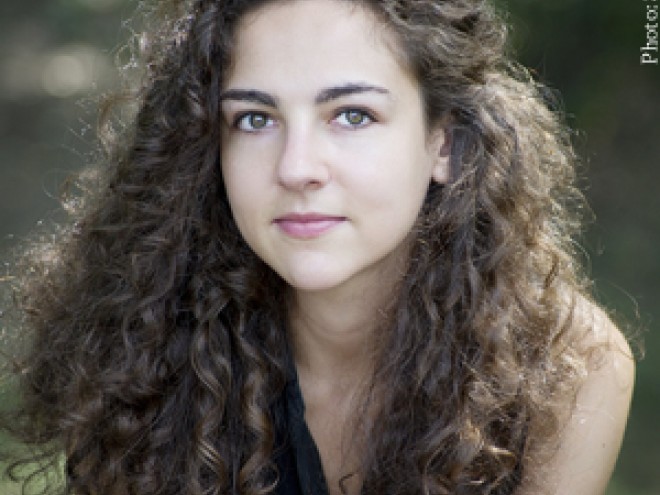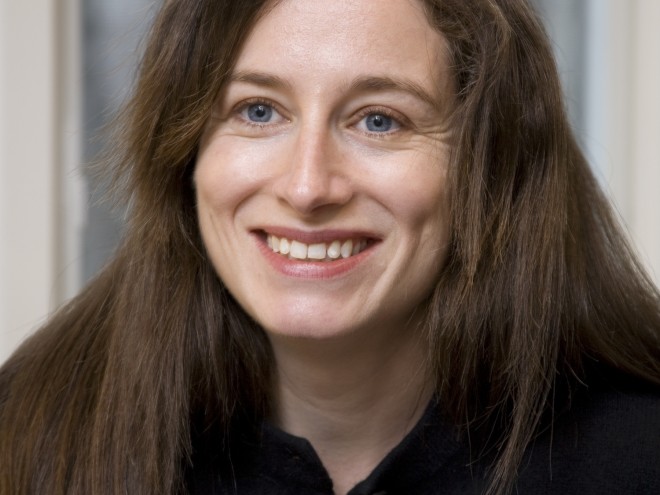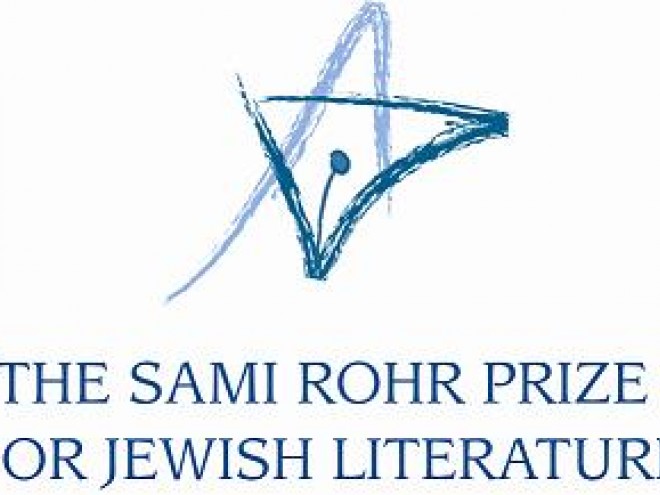Posted by Naomi Firestone-Teeter
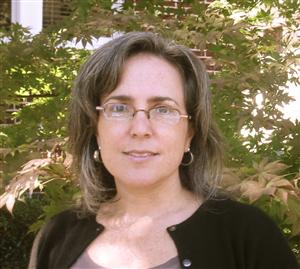 In our previous posts, we met Matti Friedman, who imagined his future granddaughter, and Sarah Bunin Benor, who identified the place where she changed her career. Today we hear from Marni Davis, author of Jews and Booze: Becoming American in the Age of Prohibition, which was published by NYU Press last year.
In our previous posts, we met Matti Friedman, who imagined his future granddaughter, and Sarah Bunin Benor, who identified the place where she changed her career. Today we hear from Marni Davis, author of Jews and Booze: Becoming American in the Age of Prohibition, which was published by NYU Press last year.
The title has been praised across various media outlets. In JBC’s review of the title, Edward Shapiro wrote that the book is “engrossing and well written,” Publisher’s Weekly said Jews and Booze is “a provocative study of Jews’ complicated relationship to alcohol and Prohibition in American history,” and The New York Times Book Review called the book “…thoughtful, instructive and often insightful.” For anyone interested in American Jewish history and Jewish identity, this is a worthwhile addition to your collection!
Below, Marni Davis discusses archival research, her junior year of high school, and her writing goals:
What are some of the most challenging things about writing non-fiction?
Archival research is great fun, but there’s nothing harder than knowing when to stop researching. I always suspect that if I look in just one more file box or microfilm reel, or if I pursue just one more historical figure into the censuses and city directories, or if I follow that one last hunch I will stumble upon the evidence that will tell my story for me. But eventually one must take off the intrepid detective hat and put on the writer hat. At which point one faces the blank page — and that’s the other challenging part.
What or who has been your inspiration for writing non-fiction?
I’m always inspired and excited when I’m in an ethnically diverse space. Immigrant neighborhoods where people from all over the world live and work next to each other stimulate my imagination, as do cemeteries where tombstones declare heterogeneous national origins. Manifestations of cultural pluralism fill my heart with gladness and animate my work.
Who is your intended audience?
Does anyone answer this question with an answer other than “everyone?” I think that all writers want to be read by as many readers as possible. We want our ideas out in the world. When I wrote Jews and Booze, I knew I had two audiences I wanted to please most: my fellow academic historians; and a general audience of readers interested in Jewish subjects. Still, I am especially delighted when someone who fits into neither of those categories has read my book. So I guess “everyone” is my final answer.
Are you working on anything new right now?
I’m at the beginning stages of my new project, which will be an examination of the experiences of and attitudes toward immigrants in the American South in the decades between the Civil War and the Great Depression. This project will include Jewish immigrants, but it will not focus on them exclusively; rather, I intend to put Jews into their broader regional context by comparing their experiences to those of other ethnic and racial groups in the “New South.”
What are you reading now?
I have two books going at the moment: College: What it Was, Is, and Should Be by Andrew Delbanco, and The Wordy Shipmates by Sarah Vowell. Both are fun and thought-provoking, but neither is an “I can’t put it down” kind of book. The last one of those I read was The Brief Wondrous Life of Oscar Wao by Junot Diaz, which utterly knocked my socks off.
Five books you love to recommend
- Philip Roth, The Ghost Writer
- David Foster Wallace, Consider the Lobster
- Edward P. Jones, The Known World
- C. Vann Woodward, The Strange Career of Jim Crow
- Art Spiegelman, Maus and Maus II
When did you decide to be a writer? Where were you?
I hesitate to give any one historical event too much causal power! But I do remember an especially meaningful moment, from my junior year of high school. My favorite history teacher was a curmudgeonly dude, painfully hard to impress, and I desperately wanted him to think I was smart. I wrote a research paper for his class — I think the topic was the Transcendentalists of Brook Farm. When he returned it, he’d written on the cover page: “You have a talent for writing papers.” I suppose I’ve been at it ever since.
What is the mountaintop for you — how do you define success?
That’s a difficult question to answer. Perhaps there isn’t any one great mountain that defines success for me. Rather, it’s a series of hills, some steeper than others: having a productive writing session is one; teaching a fun and lively class is another. Pretty modest, as aspirations go.
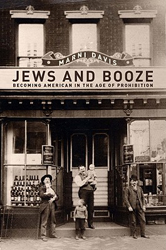 How do you write — what is your private modus operandi? What talismans, rituals, props do you use to assist you?
How do you write — what is your private modus operandi? What talismans, rituals, props do you use to assist you?
My writing goal is really straightforward: 250 words a day. I strive for the slow-and-steady method. I don’t always succeed, but that’s always my intent. I don’t have any talismans or rituals, but maybe the dogs snoring in their beds in my office would count as props. When writing gets difficult, they’re a most comforting presence.
What do you want readers to get out of your book?
First, I want them to chuckle at the title. Then, I want them to be surprised that there’s so much more to the story than they’d thought when they chuckled at the title. Finally, I want them to get to the end of the book and realize that it made them think about American Jewish history in ways that were new to them.
Marni Davis is assistant professor of history at Georgia State University in Atlanta, where she studies and teaches American history, Jewish history, and the history of ethnicity and immigration in the United States. Her first book, Jews and Booze: Becoming American in the Age of Prohibition, was published by New York University Press in 2012. Davis received her Ph.D from Emory University in 2006, and taught there for a year before joining the faculty at Georgia State. She has been the recipient of scholarly awards from the National Foundation for Jewish Culture, the American Jewish Archives, and the Feinstein Center for American Jewish History. Jews and Booze received an honorable mention for the 2012 Jordan Schnitzer Book Award from the Association for Jewish Studies.
Originally from Lancaster, Pennsylvania, Naomi is the CEO of Jewish Book Council. She graduated from Emory University with degrees in English and Art History and, in addition, studied at University College London. Prior to her role as executive director and now CEO, Naomi served as the founding editor of the JBC website and blog and managing editor of Jewish Book World. In addition, she has overseen JBC’s digital initiatives, and also developed the JBC’s Visiting Scribe series and Unpacking the Book: Jewish Writers in Conversation.
